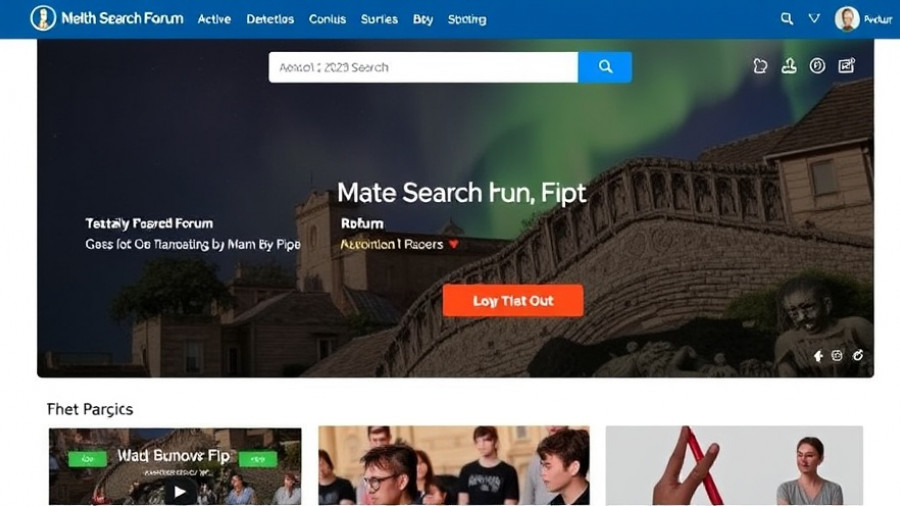
The Evolution of CRM: A Historical Perspective
To truly grasp the magnitude of CRM (Customer Relationship Management) in 2025, we must first look back at its evolution. From basic customer databases to sophisticated software that integrates multiple communication channels, CRM systems have drastically transformed the way businesses interact with their clients. The inception of CRM systems in the late 1980s marked a pivotal turn in customer interactions, wherein businesses began to recognize the value of preserving detailed customer information, anticipating needs, and personalizing experiences.
Why CRM Strategies Matter: Connecting with Customers
In a world where options are endless and customer loyalty is continuously tested, implementing effective CRM strategies is paramount. Businesses that prioritize customer retention not only see improved profitability but also cultivate a loyal customer base, which is essential in the age of digital consumption. Understanding consumer behavior patterns and preferences can significantly impact a brand's ability to maintain their audience's attention.
Consumer Behavior in the Digital Age
As we approach 2025, consumer behavior is undergoing rapid changes, largely influenced by technology and social media. Customers expect seamless interactions across various touchpoints. Brands that can harness real-time data analytics to tailor their offerings and personalize communications are most likely to succeed. For instance, utilizing customer purchase history data can help businesses make informed recommendations that cater to individual preferences.
The Role of Automation in Enhancing CRM
Automation is revolutionizing CRM strategies by allowing businesses to streamline processes, saving both time and resources. Automated systems can trigger follow-up emails, manage customer inquiries, and analyze behavior patterns to predict future needs. Not only does this allow customer service representatives to focus on complex issues, but it also ensures that clients receive timely communications. For example, automated surveys post-purchase can provide invaluable insights, enhancing customer engagement.
Utilizing Data Analytics for Tailored Strategies
The importance of data analytics in shaping CRM strategies can’t be overstated. Leveraging data to segment and analyze customer groups can lead businesses to identify patterns and preferences that were previously unnoticed. By understanding factors such as purchasing timeframes and demographic profile, businesses can create targeted campaigns that resonate better with their market.
Case Study: Successfully Implementing CRM Innovations
An exemplary instance of successful CRM implementation is Salesforce, renowned for how it enhances customer relationships through technological innovations. By integrating various communication platforms and data analytics tools, Salesforce has empowered businesses to improve retention while significantly enhancing customer engagement through personalized experiences.
Looking Ahead: Future Predictions and Trends
As we approach the year 2025, the CRM landscape will continue to evolve, driven by advancements in artificial intelligence and machine learning. These technologies will enable deeper analysis of customer data, leading to predictive insights that can guide marketing strategies. Companies that prioritize continual learning and adaptation are likely to thrive in an ever-changing environment where customers expect constant innovation from the brands they trust.
Maximizing Customer Lifetime Value
Fostering strong relationships with existing customers can often yield greater returns than acquiring new ones. This means businesses must shift their focus toward maximizing customer lifetime value (CLV). Strategies can include loyalty programs, personalized communications, and proactive customer service initiatives that create a positive, lasting impression.
Conclusion: Empower Yourself with Knowledge
As we navigate the upcoming years, it is crucial for businesses to stay agile and informed about the latest CRM trends. By embedding effective CRM strategies into your operations, businesses can enhance customer retention, ensuring a thriving future in 2025 and beyond. Remember, knowledge is power; by understanding your customers better, you can provide them with extraordinary experiences that translate into loyalty.
 Add Row
Add Row  Add
Add 




Write A Comment